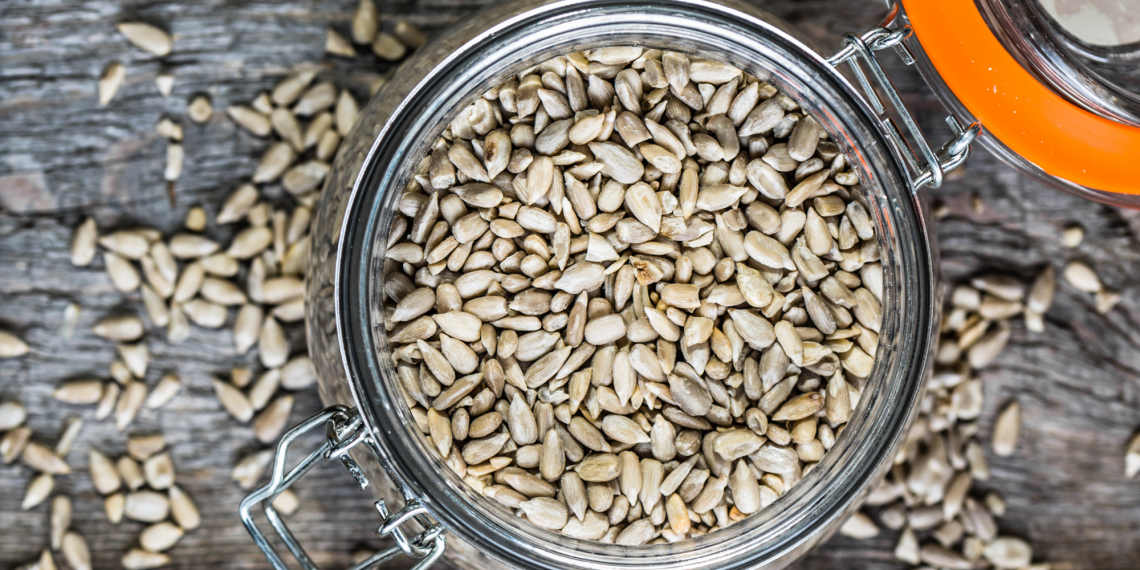
sunflower seeds,facts
Raw sunflower seeds
- Sunflower seeds were cultivated in North America as early as 5000 years ago.
- The buds and young flowers stand up in the morning and follow the sun during the day.
- Sunflower seeds come from the large flower heads of the sunflower plant.
- Each sunflower head can contain several hundred edible seeds.
- Sunflower kernels are used to extract sunflower oil.
- Sunflower seeds are good sources of fiber, antioxidants, phytosterols, healthy fats, vegetable proteins and rich in vitamins and minerals.
- Sunflower seeds are an excellent source of vitamin E and a very good source of copper and vitamin B1.
- Sunflower seeds are a good source of manganese, selenium, phosphorus, magnesium, vitamin B6, folate and niacin.
- Sunflower seeds are cholesterol free, gluten-free, low in saturated fat and are a low glycemic index food (GI).
- Allergy to sunflower seeds is relatively rare, unlike peanuts, cashews, walnuts and hazelnuts.
- Since sunflower seeds have a high fat content and are prone to rancidity, it is best to store them in an airtight container in a refrigerator.


 Bulgarian
Bulgarian